#russian opera
Text
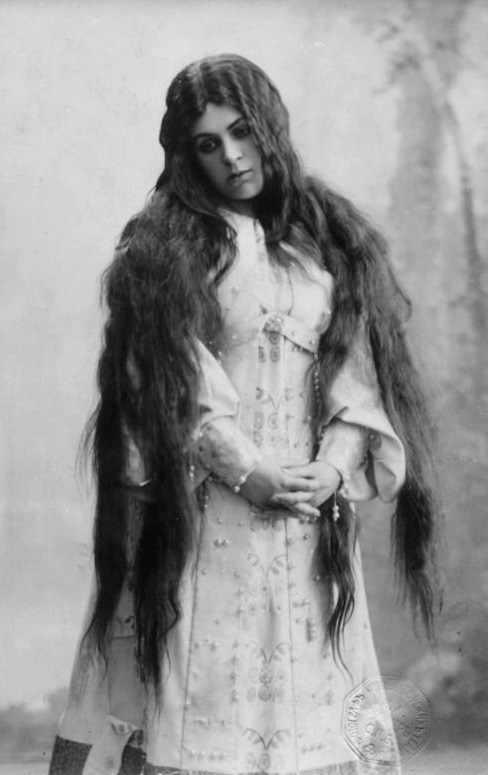
Russian opera singer Maria Cherkasskaya as Fevroniya in Rimskiy-Korsakov's opera "The Tale of the Invisible City of Kitezh and the Maiden Fevroniya",Saint Petersburg (1900s)
#Россия#Russia#vintage#photography#Санкт-Петербург#Saint Petersburg#city#русская певица#russian singer#singer#Europe#русская опера#russian opera#opera#Сказание о невидимом граде Китеже и деве Февронии#The Tale of the Invisible City of Kitezh and the Maiden Fevroniya#русская культура#russian culture#culture#history#русское искусство#russian art#art#russian#european#black and white#vintage photography#1900s#20th century
195 notes
·
View notes
Text
gender is stored in the young, tragically killed poet and his dramatic reflections on life & love
#yevgeny onegin#vladimir lensky#his second act aria makes me teary every damn time#russian opera#ponderings & such
25 notes
·
View notes
Text
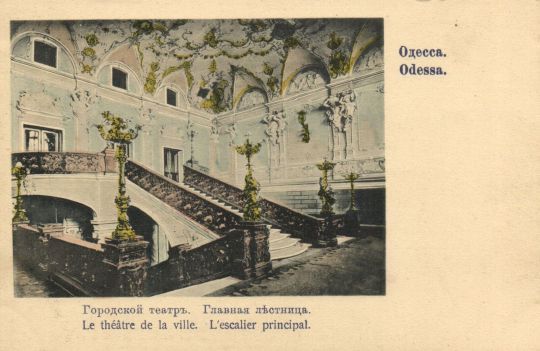
Stairs of the Opera House in Odessa, Russian Empire, modern-day Ukraine
Russian vintage postcard
#old#postcard#postkaart#opera#russian#stairs#vintage#briefkaart#postal#ansichtskarte#odessa#ephemera#ukraine#photography#photo#postkarte#tarjeta#the opera house#house#historic#sepia#carte postale
90 notes
·
View notes
Text




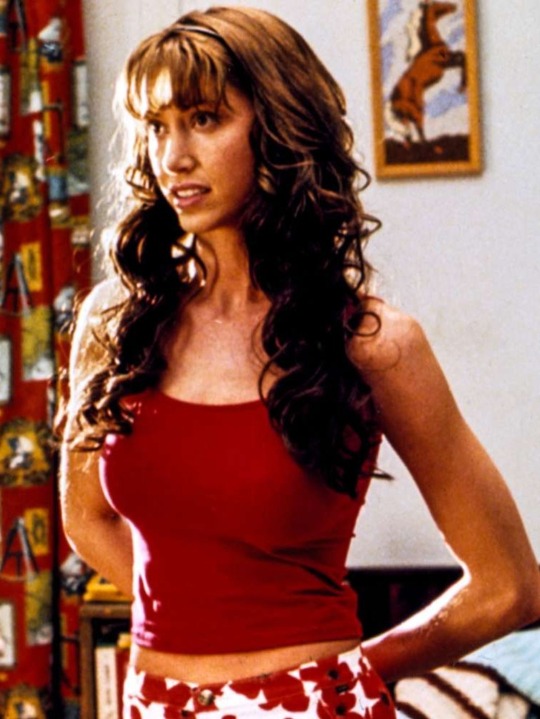
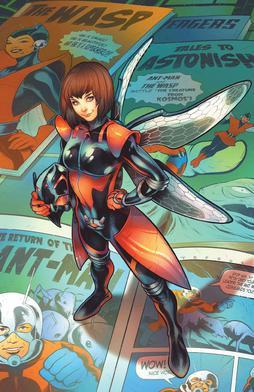
have you done your daily click
#best character named x#poll#poll game#nadia vulvokov#nadia mcconnell#nadine ross#nadine Flumberghast#nadia american pie#nadia van dyne#russian doll#bare a pop opera#uncharted#arthur#american pie#marvel comics
35 notes
·
View notes
Photo
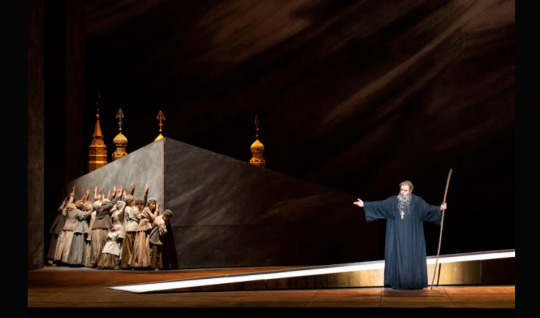
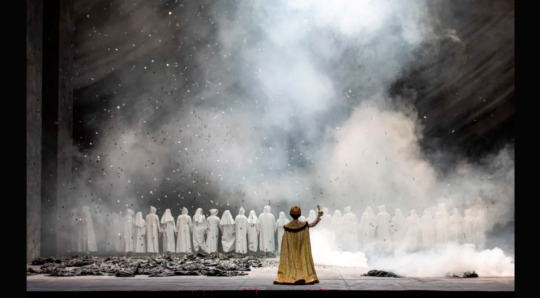
Mussorgsky's Khovanshchina (Opéra Bastille, 2022)
247 notes
·
View notes
Text

36 notes
·
View notes
Text
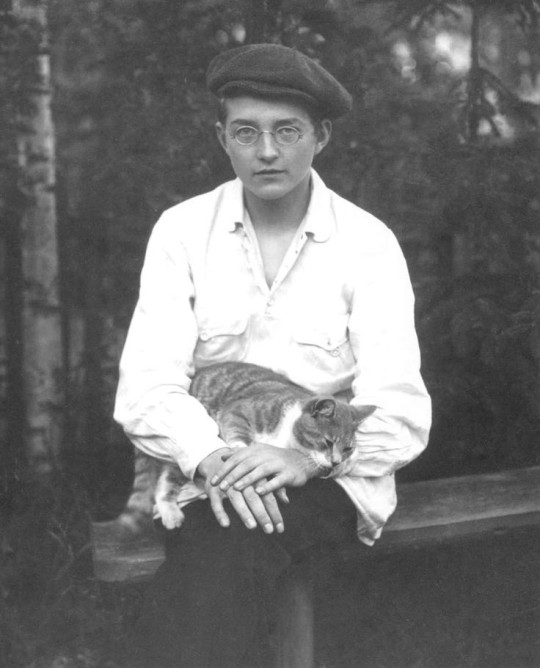
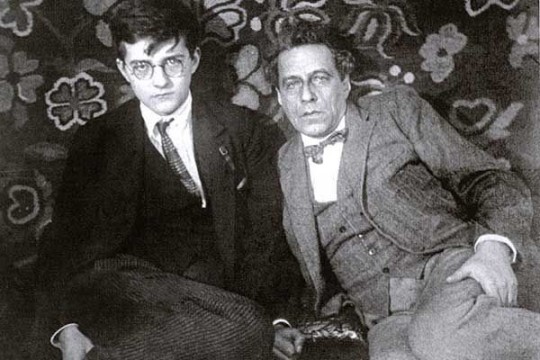
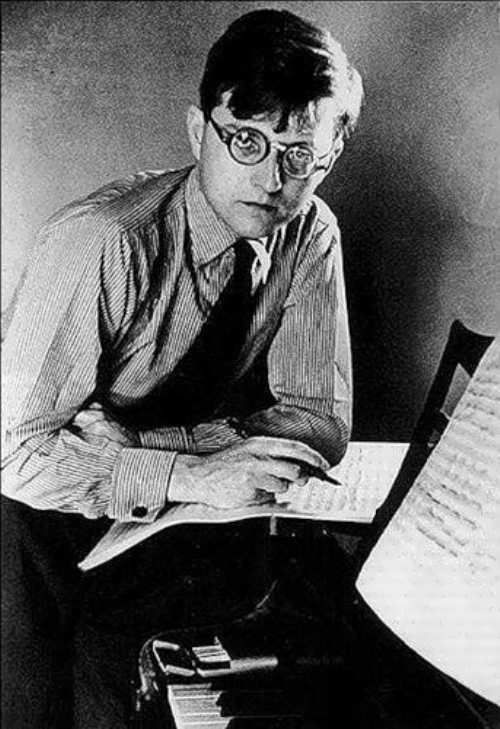
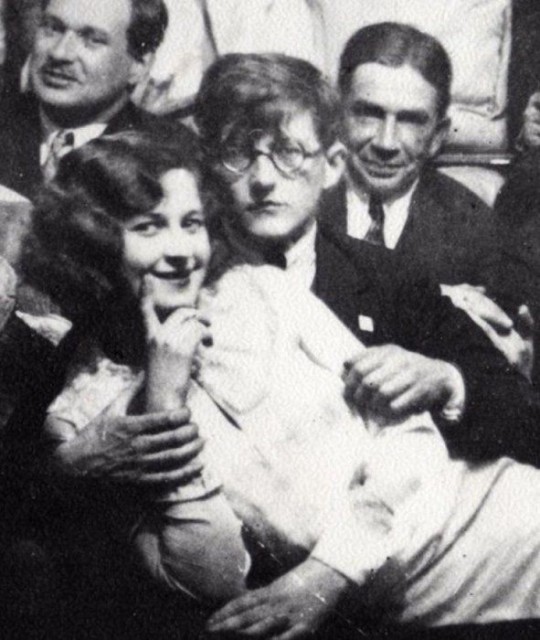
Happy shostakovich swag winter 🙏🙏
#classical music#opera#ballet#dmitri shostakovich#Shostakovich#russian history#soviet history#vintage photography#vintage fashion#vintage photo#vintage style#1930s#30s fashion
41 notes
·
View notes
Text
I wish I could have dramatic opera music playing in the background every time I say something outrageously true as I look at you (the viewers), breaking the fourth wall.
#fleabag#yes this is about fleabag#phoebe waller bridge#opera#dark academia#chaotic academia#light academia#classic academia#dark academism#dead poetry#academic validation#classical literature#cryptid#russian literature#fleabag season 2#fleabag claire#yes you heard read right#i love fleabag
489 notes
·
View notes
Text
The “goal of civilization” should be to get these delicious tropical pineapples shipped up to kitchen tables in St. Petersburg.
Much to consider here.
---
Anton Chekhov, it appears, was not the first Russian literary luminary to visit Hong Kong. Chekhov had stopped off in October 1890 and wrote about its “wonderful bay”. [...] But Chekhov was beaten to the punch by Ivan Goncharov who stopped by in 1853. Goncharov is now best now known for his novel Oblamov, but his bestseller at the time was a 700-page tome of travel-writing called The Frigate Pallada. Goncharov had been taken, as a sort of official scribe, on the Russian naval expedition sent to “open Japan”. If that sounds like American Commodore Matthew Perry’s expedition, it very much was: the Pallada arrived in Japan several weeks after Perry. The Pallada [...] went [...] via the Cape of Good Hope, Java, Singapore, Hong Kong and Shanghai, with side-trips to Manila, Korea and the Ryukyus. [...] Edyta M Bojanowska relates all this, and much more [in her book] [...]. Bojanowska uses Goncharov’s travelogue as a window on Russia, a window through which to view the European, and particularly British, imperial project [...].
---
Russia’s Pacific history is little known, perhaps even in Russia. [...]
In the library [...], I once came across a book entitled La Frontera ruso-mexicana: “The Russian-Mexican Border”. There actually was one in what is now California in the first part of the 1800s. Nikolai Rezanov had tried to open Japan in 1804; he got nowhere. (He did however continue on to North America and all the way down to San Francisco where he got engaged to Conchita, the [...] daughter of the Spanish governor, a story which became a late Soviet-era rock opera.)
---
Alaska ended up being sold to the United States a decade or so after Goncharov’s voyage. [...] Goncharov’s [book] [...] “strains to project an image of Russia as a confident and competent peer of European colonial empires.” [...] Goncharov was a product of his age. He was furthermore an anglophile and thought that the British had on the whole the right ideas about empire. (He did however find their ubiquity annoying: his idyll on Madeira is ruined by seeing so many of them. “They’re here too?” he wrote.) He would occasionally take the imperialists to task for some particularly egregious injustice, but he never questioned the enterprise. He just thought Russia should have a piece of the action.
---
Goncharov settled on Korea as a good potential target for Russia (“Goncharov Island” is now known as Mayang-do Island, the site of a North Korean missile base) [...]. The book hit the ground running, went through ten editions by the end of the century, and seems never really to have been out of print [...]. Singapore gets a slightly fuller treatment. Goncharov marvels at the pineapples piled up “like turnips”. “The goal of civilization,” Bojanowska quotes him, is to get these pineapples up to St Petersburg where they were currently unheard of luxury items. (Goncharov’s equating of capitalism with tropical fruit is reminiscent of the [...] [twentieth-century] fascination with bananas.)
---
Text by: Peter Gordon. A book review published under the title '“A World of Empires: The Russian Voyage of the Frigate Pallada” by Edyta M Bojanowska'. Published online in the Essays, Non-Fiction, and Reviews sections of Asian Review of Books. 10 July 2018. [Bold emphasis and some paragraph breaks/contractions added by me. Italicized first lines in this post added by me.]
#a lot going on here#soviet rock operas and goncharov island and russian mexican border and goncharovs love hate relationship with british empire#abolition#ecology#imperial#colonial
88 notes
·
View notes
Text

OTD in Music History: Important Russian “Nationalist” composer Modest Mussorgsky (1839 - 1881) is born into a wealthy land-owning Russian family.
Mussorgsky began receiving piano lessons from his mother (a trained pianist) at the age of six. He progressed rapidly, and at the age of ten he and his brother were taken to Saint Petersburg to continue their studies (which included music) at an elite school.
Mussorgsky's parents had also planned the move to Saint Petersburg so that both their sons would renew a longstanding family tradition of military service, and Mussorgsky was thus duly enrolled in the Cadet School Of The Guards at the age of 13.
Unfortunately, this proved to be a brutal environment – indeed, it probably instilled in young Mussorgsky the drinking habits which would ultimately lead him down to the path to terminal alcoholism. (According to another former student, the Head of the Academy at that time "was proud when a cadet returned from leave drunk with champagne.”)
Mussorgsky’s considerable skills as a pianist made him popular with his fellow-cadets, however, and he spent many evenings playing popular dances for his new friends.
Then, in October 1856, the 17-year-old Mussorgsky met the 22-year-old physician Alexander Borodin (1833 - 1887) while both men were serving at a military hospital. Even more portentous was Mussorgsky’s introduction, just a few months later, to Alexander Dargomyzhsky (1813 - 1869), who was then the most important Russian composer after Mikhail Glinka (1804 - 1857).
Dargomyzhsky was so impressed with Mussorgsky's pianism that he invited Mussorgsky to begin attending his soirees, and it was there that Mussorgsky also met Cesar Cui (1835 - 1918) and Mily Balakirev (1837 - 1910), and, through Balakirev, Nicolai Rimsky-Korsakov (1844 - 1908).
Thus was formed the core constituency of the historically important Russian “Nationalist” school of composers known as “The Mighty Five”…
PICTURED: A c. 1920s real photo postcard showing the middle-aged Mussorgsky sporting a very solid mullet.
#classical music#opera#music history#bel canto#composer#aria#classical composer#classical studies#maestro#chest voice#Modest Mussorgsky#classical musician#classical musicians#classical history#history of music#historian of music#opera history#Russian folklore#musician#musicians#diva#prima donna#Boris Godunov
15 notes
·
View notes
Text
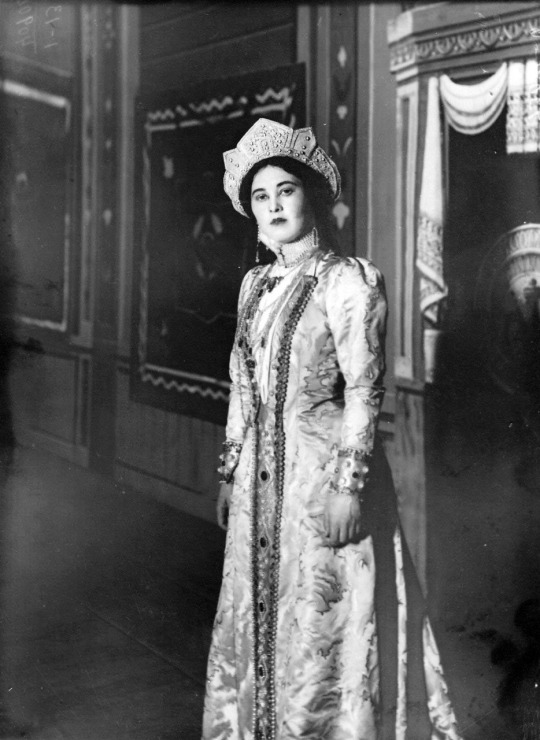
Member of the opera "The Tsar's Bride",Saint Petersburg (1910s)
#Россия#Russia#vintage#photography#Санкт-Петербург#Saint Petersburg#Europe#русское искусство#russian art#art#русская опера#russian opera#opera#Царская невеста#The Tsar's Bride#русская культура#russian culture#culture#history#russian#european#black and white#vintage photography#1910s#20th century
117 notes
·
View notes
Text
forget enneagrams myers-briggs punnett square whatever the fuck. are you lemeshistki or kozlovityanki
2 notes
·
View notes
Text

Opera House in Odessa, Russian Empire, modern-day Ukraine
Russian vintage postcard
#postkaart#ukraine#carte postale#briefkaart#house#opera house#old#russian#sepia#opera#postkarte#vintage#postal#photography#odessa#ephemera#postcard#tarjeta#photo#ansichtskarte#historic
54 notes
·
View notes
Text

On April 16, 1959, the Bolshoi Ballet made its first appearance at the Metropolitan Opera House. It was the first Russian state ballet company ever to appear in America. Its star was Galina Ulanova, seen here accepting bouquets after the performance. Her partner, Yuri Zhdanov, is next to her.
Photo: Associated Press via the NY Daily News
#vintage New York#1950s#Galina Ulanova#Bolshoi Ballet#ballet#Russian ballet#April 16#16 April#Yuri Zhdanov#Metropolitan Opera House#orchestra pit#standing ovation
74 notes
·
View notes
Text
This is the most gorgeous La Bayadere...
POB has the most beautiful staging of La Bayadere. The costumes. the set design. The entire staging is gorgeous and makes other versions look fairly cheap in comparison.
youtube
#ballet#paris opera ballet#la bayadere#prima ballerina#russian ballet#Petipa#set design#production design#ballet costume#costume design#Youtube
26 notes
·
View notes
Text
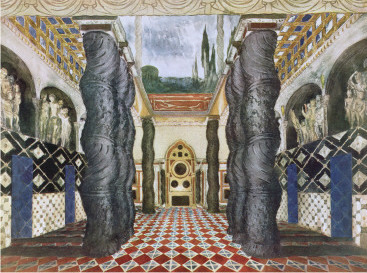
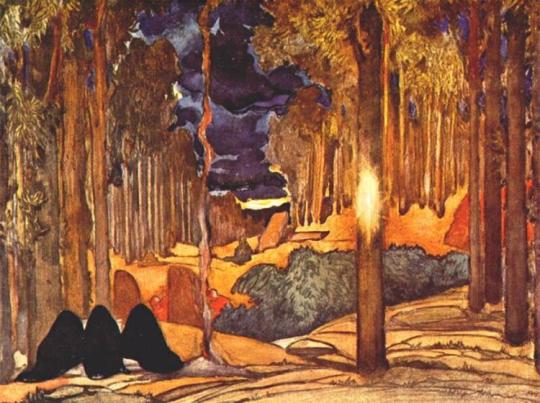
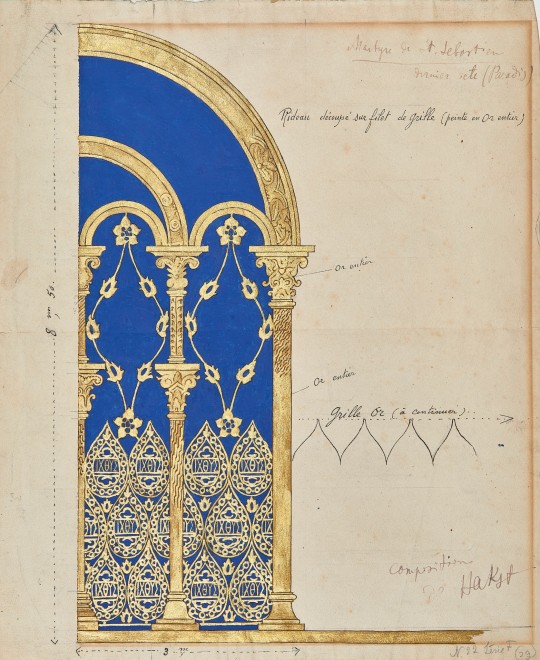
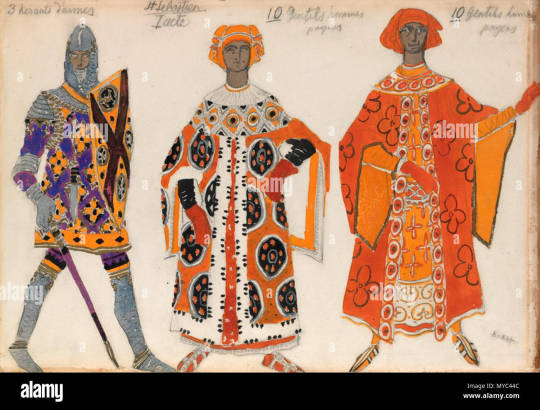

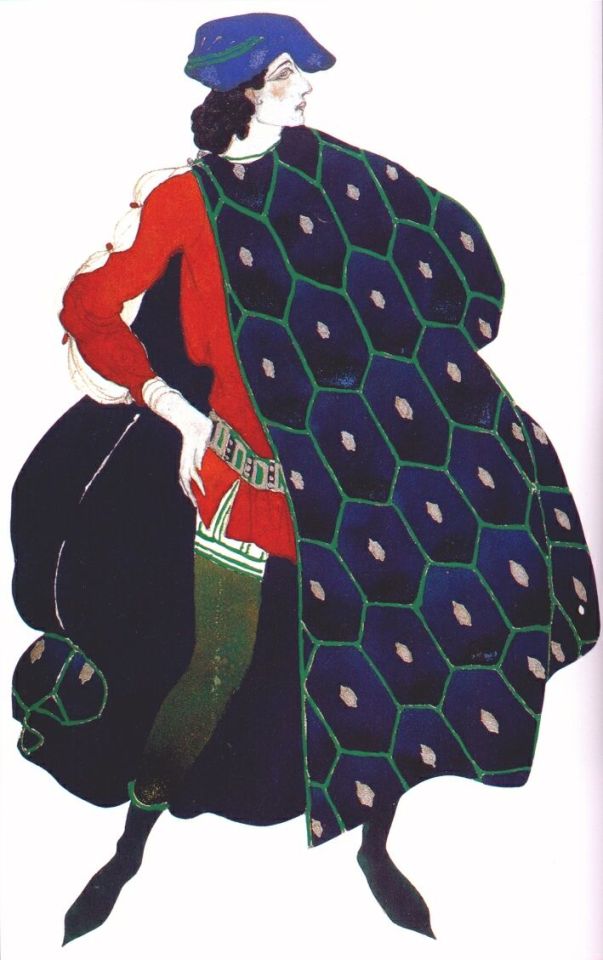

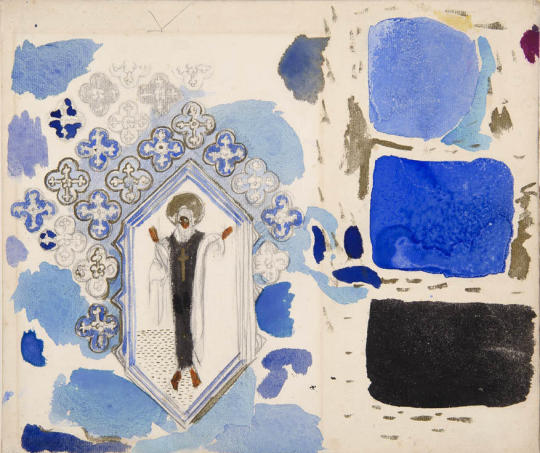
Leon Bakst's set and costume designs for 'Le martyre de saint sébastien', ~1911
(SOOOOOO GORGEOUS I am obsessed w the music from this play and the design and I think ida Rubinstein is really good at being a beautiful gay boy)
(I must go back to gardner museum to see the bottom right pic again .... Eegads!!)
#art history#classic lit#french art#russian art#20th century#victorian art#biblical art#historical art#claude debussy#leon bakst#ida Rubinstein#the martyrdom of saint sebastian#saint sebastian#saint sébastien#opera#musicals#ballet#show biz baby!!!!#set design#costume design#gabriele d'annunzio#le martyre de saint sébastien
16 notes
·
View notes